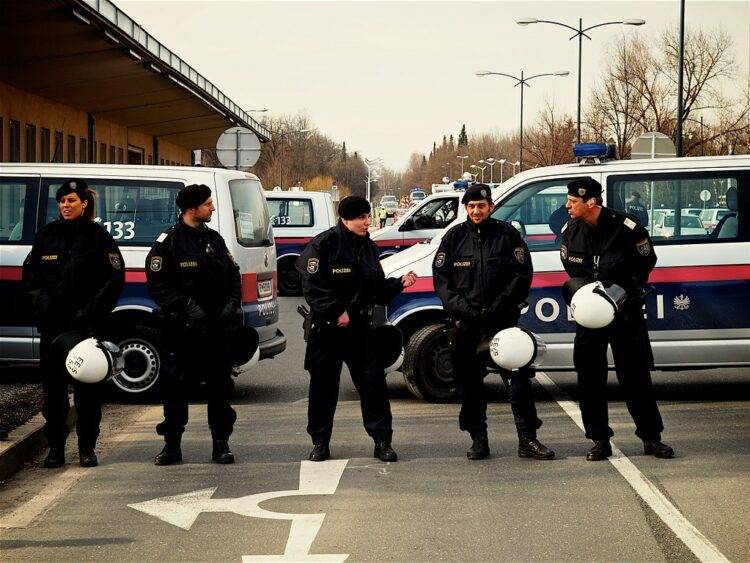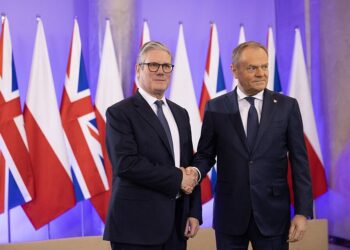Polish politicians have reacted strongly to Germany’s recent decision to reinstate border controls with neighboring countries, describing it as a display of arrogance and a move toward national egoism. Bartłomiej Sienkiewicz, a Polish member of the European Parliament, expressed outrage during a debate in Strasbourg on Monday, criticizing the lack of prior communication from Germany. He stated that the Polish government only learned about the border controls from German media, a day before their implementation.
Sienkiewicz remarked that this approach demonstrated a blatant disregard for European unity, questioning, “Who stole Germany from Europe?” He also condemned the German government’s focus on strengthening internal borders rather than securing the EU’s external borders, a policy he argued undermines the Schengen zone and European solidarity.
“The current German government does not want to reinforce external borders but instead is strengthening internal borders,” he emphasized. In his opinion, this is a manifestation of a broader phenomenon. “The principle ‘what is good for Germany is good for Europe’ has long since ceased to apply. I warn against national egoism. No country is strong enough to cope with the challenges of the entire continent,” Sienkiewicz highlighted.
In his opinion, such an assumption is as harmful as the ‘resource dependence on Russia, automotive dependence on China, or escape into national borders from immigration’
“You do not learn from your own mistakes, but you want others to bear their costs. This destroys European solidarity. More and more often in the European Parliament we ask ourselves: who stole Germany from Europe?” – Sienkiewicz ended his speech.
Other Polish politicians echoed his concerns. Maciej Wąsik, a member of the ruling Law and Justice Party (PiS), referenced the 2015 migrant crisis, criticizing Germany for inviting migrants but then failing to manage the consequences effectively. He claimed that Germany now expects neighboring countries to share the burden of its policies, likening this to an attempt to make others pay for their mistakes.
Anna Bryłka of the far-right Konfederacja party took a similar stance, accusing Germany of jeopardizing Europe’s future with its political decisions. She warned that German policies threaten the safety and prosperity of European nations.
Commissioner for Internal Affairs: nobody wants to stand in long lines.
The Commissioner responsible for internal affairs, Ylva Johansson, reminded that controls at the internal borders in the Schengen area must remain temporary, proportional and be introduced as a last resort in case of danger to public safety.
“Although member countries have the right to introduce temporary border controls under strict conditions, it is clear that they risk “undermining” the benefits of free movement. Nobody wants to stand in long queues at the borders, especially not those who are on their way to work. We all want to stop criminals and terrorists, but we don’t want to stop travel, trade and tourism” – she said.
The border control measures, announced by German Interior Minister Nancy Faeser, took effect on September 16 and are expected to last for six months. The move followed a deadly attack in Solingen, where a knife-wielding assailant killed three people. The terrorist group ISIS claimed responsibility, linking the attack to grievances over the treatment of Muslims in Palestine.
Germany’s decision to reinstate border controls has drawn criticism from neighboring EU countries, particularly Poland, which argues that the measures weaken the Schengen zone. These controls come in response to heightened security concerns following terrorist incidents, reflecting broader tensions over migration policy within the EU.


















